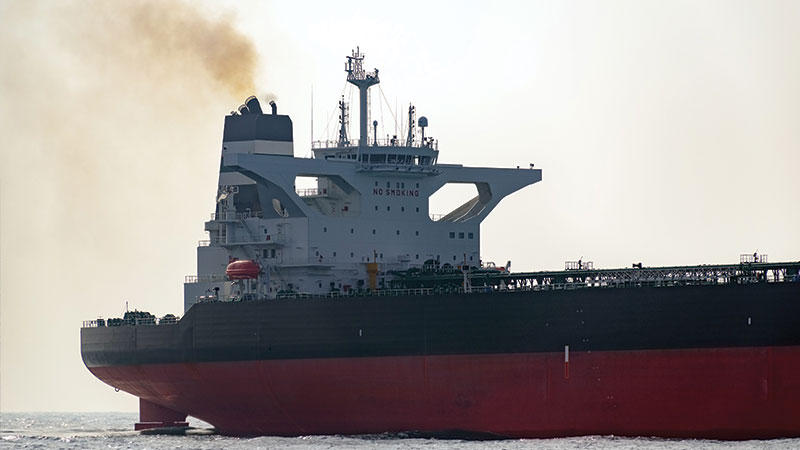
As a shipowner and operator of a commercial shipping fleet, the IMO 2020 regulations required us at Seatrek to make a decision on how to comply with its 0.5% sulphur emissions cap. Seatrek had to choose between finding and using IMO compliant 0.5% fuels or installing scrubbers.
The Seatrek Team has been researching IMO compliant fuels for a long time and we are always looking for the cleanest most efficient and affordable fuel, we have chosen not to use scrubbers for cleaning our ship's emissions and don’t believe scrubbers are a safe alternative to 0.5% fuel oil.
Recent failures at sea show that scrubbers remain untested technology when faced with various sea conditions. Adding additional complex mechanical equipment to a ship’s already complicated systems is a potential recipe for unwanted safety issues. Engine failure or fire at sea is a possibility, risking the ship, its cargo and its crew. It’s a big issue, some shipping companies are having problems operating the scrubbers and have to put additional manpower onboard.
Another issue is scrubber waste products and their disposal. There are basically two waste streams produced by scrubbers. One can be put back to sea, the other cannot. Exhaust gas is "scrubbed" with water, which when sprayed through the rising exhaust, causes the sulfur to dissolve in the water. It is permissible for ships to discharge wash water that contains sulfates, once the water has been treated for acidity, turbidity and other factors. So in reality, scrubbers keep sulphur emissions from the air only to deposit them in the ocean. Advocates of scrubbers say that is negligible but it is still pollution.
What can’t be put back in the ocean is the second waste stream...sludge. The scrubbing also removes particles such as soot, incompletely burned oil, traces of heavy metals and ash. The sludge separated from the water treatment cannot be discharged or incinerated at sea. It has to be kept onboard for land disposal in a port. Ships in the cruise industry have already been caught dumping the sludge at port, not even waiting to dump at sea. This will be a critical issue moving forward as IMO 2020 is kicked off as some ships will inevitably dump sludge when at sea. What can be done to regulate proper disposal of scrubber sludge as thousands of ships install scrubbers to save costs? Time will tell.